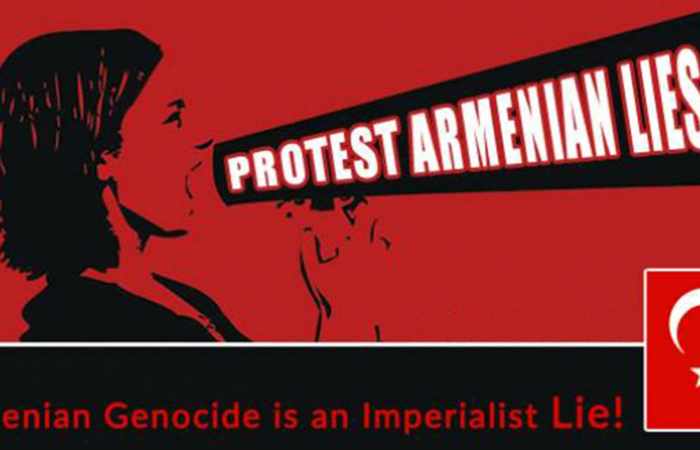For nearly a century, the Armenian lobby has attempted to portray these actions as a willful, deliberate attempt to commit genocide of the Armenian people – a specific crime that is defined by international law. Nothing could be further from the truth, and a detailed examination of the broader context of history paints a vastly different picture.
Furthermore, and as a result, international courts have never designated these tragic events as genocide. There is no legal consensus on the tragedy of 1915 because even though the Armenian lobby has been misrepresenting the facts for nearly a century, history – and the law – tells us otherwise. It’s time to cut through the propaganda and get the facts straight.
DEFINING GENOCIDE
The definition of “genocide” falls under strict criteria, as detailed in the Convention of Prevention and Repression of Crime and Genocide, a resolution approved by the United Nations General Assembly on December 9, 1948 and, consequently, signed and ratified by Turkey.
For an event to constitute “genocide” the crime must:
Involve a national, ethnic, racial, or religious group;
Subject the group to certain acts, including:
Murder;
Forced transfer of children;
Subjecting members to conditions that would lead to their physical destruction;
Intent to destroy part of or the entire group.
According to these criteria, homicide becomes genocide when intent to cause physical destruction —whether latent or apparent—is directed at members simply due to their affiliation with a national, ethnic, racial or religious group.
APRIL 24, 1915
On April 24, 1915, Interior Minister Talat Paşa ordered the closing of the Ottoman government’s Armenian Committees, and the subsequent arrest of more than 2,000 leading Armenian intellectuals. As detailed in documents of the time.
“[The] Government will take necessary measures, if the Armenians continue to backstab the Ottoman State and to kill Turks.” It was not until May 1915 that the government issued an order to relocate Armenians, stemming from the Turkish Nationalists’ concern with Armenians’ political allegiance to Russian forces.
A century later, Armenians today continue recognize April 24 as the anniversary of what many refer to as the Armenian Genocide. This falsehood lies at the root of Armenian propaganda.173 countries have not recognized the Armenian Genocide Allegation. International court has never designated these events as genocide.
More about: #Armenianlies

















































Renee 16:38 05 September 2017
why didn`t the author of this article leave their name? Not proud in denying the rape, torture and mass murder committed against 1.5 million Armenians?